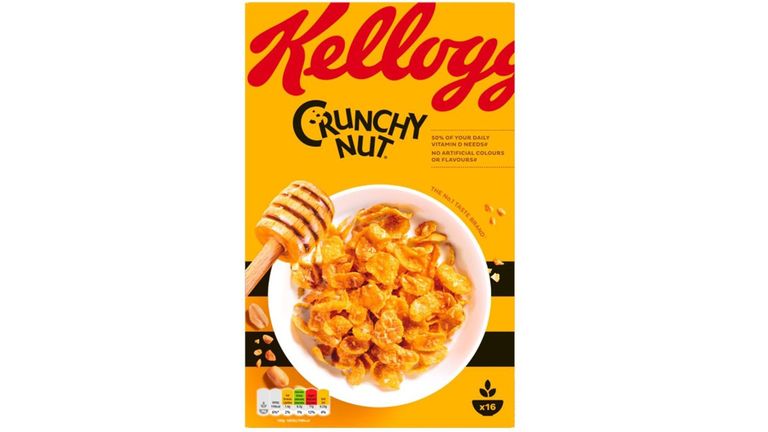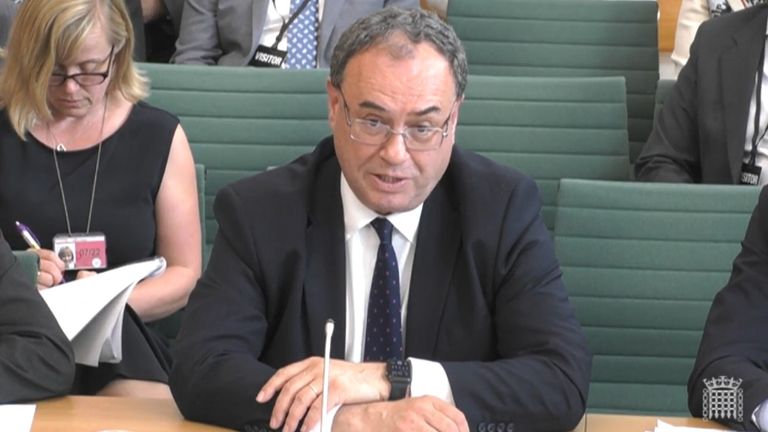Hundreds of staple grocery items had shot up in price by more than a fifth over the two years prior to the surge in food inflation caused by Russia’s war in Ukraine, according to an investigation.
As households get to grips with a growing cost of living crisis, the consumer group Which? said that shoppers were also seeing fewer discounts and value ranges.
Its analysis of the average prices for 21,000 groceries at eight major chains over the 24 months to February showed that 265 items had soared in cost by more than 20%.
They included, the report said, a 500g box of Kellogg’s Crunchy Nut Corn Flakes breakfast cereal which was 21.4% higher at Tesco.
Asda’s 250g Own Label Closed Cup Mushrooms, up 21.4%, made the list too while Cathedral City Extra Mature Cheddar 350g was 21.1% higher at Ocado.
Efforts to combat obesity were also reflected in the findings as, out of 20 major categories, fizzy drinks saw the biggest average price rise at 5.9%.
Shoppers have been grappling a surge in prices linked to supply chain difficulties in the global economy since last year.
Much of it is easily explained by demand outstripping supply as countries navigate COVID-19 disruption.
However, the inflationary situation was exacerbated by Russia’s invasion of Ukraine at the end of February which forced up wholesale costs for key commodities such as wheat.
Rising energy costs in the economy have also been passed on since – with the latest official figures showing the annual rate of food and drink inflation at 6.7% in April and forecast to increase further.
The overall headline rate of inflation is at a 40-year high of 9% as household energy and fuel bills hit record levels, intensifying the squeeze on shoppers’ budgets.
Which? found that groceries with the lowest inflation included chocolate (1.4%), fresh fruit (1.6%), biscuits (1.8%) and vegetables (1.9%).
Examples of ‘shrinkflation’ – reducing the size of a product while maintaining the original price – included Nescafe Azera Americano decaffeinated instant coffee shrinking from 100g to 90g and Walkers Classic Variety crisps dropping from 24 bags in a multipack to 22 bags.
The number of promotions was found to have fallen across every one of the 20 categories the watchdog studied.
It said budget own-brand items were also unavailable on three times as many days during its most recent checks in February.
Sue Davies, Which? head of food policy and consumer rights, said: “Our research reveals that eye-watering price rises are being exacerbated by practices like shrinkflation and limited availability of all-important budget ranges – and these factors are combining to put huge pressure on household shopping budgets.”
A Tesco spokesman responded: “We are committed to providing great value for our customers, whether it’s promising ‘Low Everyday Prices’ on 1,600 staples, price matching around 650 basics to Aldi prices, or offering exclusive deals and rewards through thousands of Clubcard prices.”








